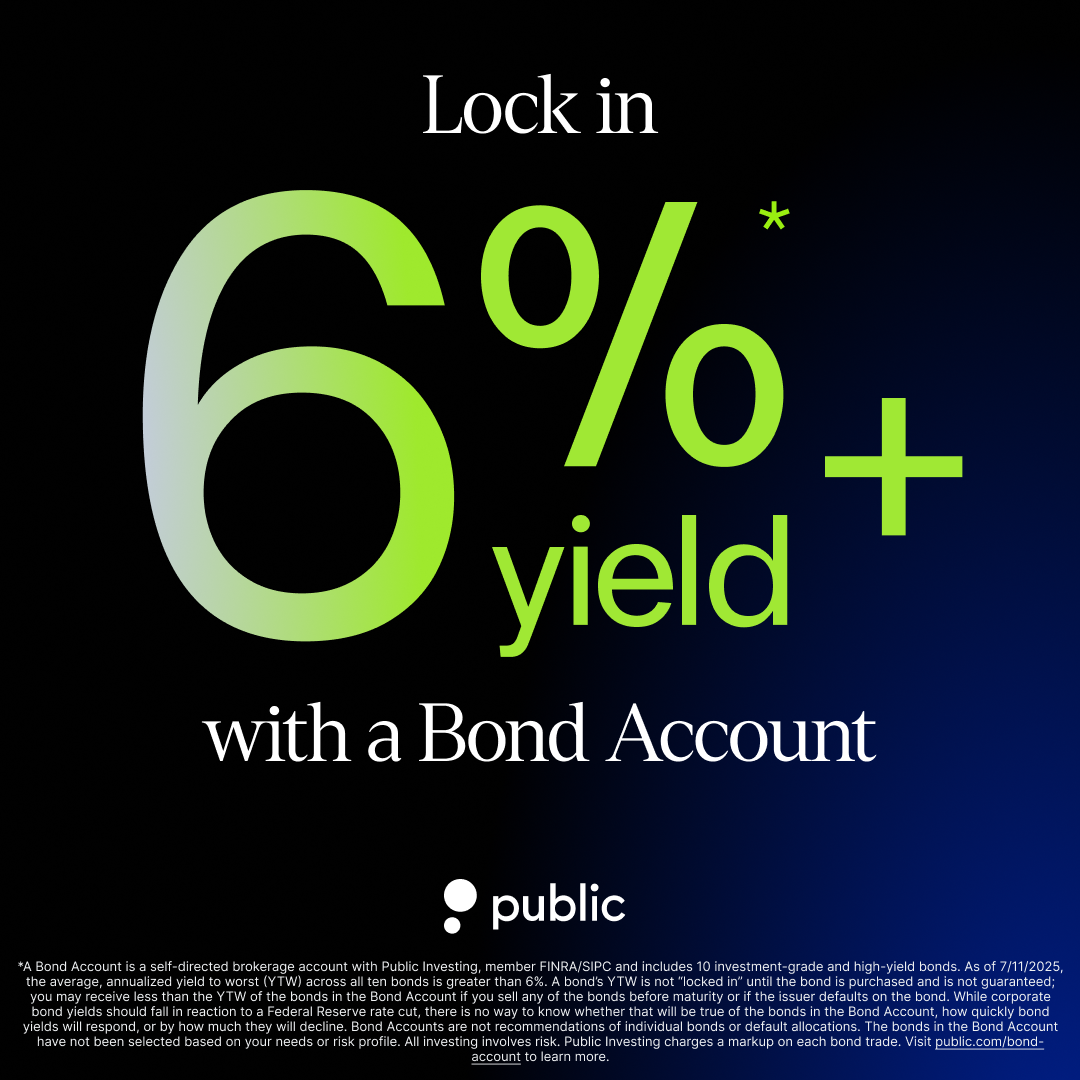
John MacGyver
Feb 3, 2026
Choosing the right online broker is essential for successful investing, but with so many options, it can be overwhelming. This guide breaks down what to look for, from investment offerings, costs, research tools, and customer service. We explain different brokerage account types, margin trading, and key factors to consider when selecting the best platform for your needs.
Choosing the right online broker is a crucial step in managing your investments. That’s why we’ve done the heavy lifting for you. After extensive research, we’ve identified the top online brokers that offer the best combination of cost, investment choices, and user-friendly services.
Our analysis considered key factors such as trading fees, investment options, customer support, and overall platform experience. Whether you’re a seasoned trader or just starting out, this guide will help you find the best brokerage for your needs.

An online broker provides a platform for investors to buy and sell securities via the internet, eliminating the need for in-person transactions. Traditionally, investors relied on personal brokers to place trades, but modern technology has made it possible to execute trades with a simple click.
According to market expert Jim Wyckoff, online trading has revolutionized investing by giving traders direct control over their transactions. "With just a few clicks, investors can execute trades and receive instant confirmations," he says. This accessibility and efficiency make online brokers a preferred choice for many investors today.
Before selecting a brokerage service, it’s essential to determine the type of account that best suits your financial objectives.
Retirement accounts, such as IRAs and solo 401(k)s, offer tax advantages designed to help individuals save for retirement. There are two primary types:
Also known as taxable brokerage accounts, these accounts offer more flexibility. They allow investors to deposit and withdraw funds without restrictions, but they lack tax-deferred benefits. To be clear, most brokerage accounts allow you to fund Traditional IRA, Roth, Taxable Brokerage and other lesser known types.
Finding the right online broker involves more than just picking a well-known name. Here are the most important factors to consider:
A good broker should offer a wide range of investment products, including stocks, ETFs, mutual funds, options, and bonds. The broader the selection, the more flexibility you’ll have in building a diversified portfolio. At this point, pretty much all online brokerage accounts offer all of these products.
Trading fees have become increasingly competitive, with many brokers offering commission-free trades on stocks and ETFs. However, some investments—like mutual funds and options contracts—may still carry fees. Be sure to check for hidden costs, such as account maintenance fees or inactivity charges.
Whether you’re a beginner or an experienced trader, access to high-quality research and analytical tools is crucial. Look for brokers that provide market insights, stock screeners, and financial news to help inform your decisions.
Reliable customer service is vital, especially if you’re new to investing. Check if the broker offers multiple support channels, including phone, chat, and email, and whether they have knowledgeable representatives available when you need assistance.
Ensure that your broker is registered with regulatory bodies like the Financial Industry Regulatory Authority (FINRA) or the Securities and Exchange Commission (SEC). A reputable broker should also provide robust security features to protect your financial information.
Even with the rise of commission-free trading, brokerage accounts still come with costs that investors should consider:
Ultimately, the best online broker is the one that aligns with your investing style and financial goals. If you’re a hands-on investor, look for a brokerage with low fees and robust research tools. If you prefer a more passive approach, consider brokers with automated investing or robo-advisory services.
Before making a decision, compare brokers based on their fees, investment options, research tools, and customer service. Take advantage of demo accounts or free trials when available to ensure the platform meets your needs.
Navigating the world of online brokerages doesn’t have to be overwhelming. By understanding your investment needs and considering the key factors outlined above, you can confidently choose a brokerage that helps you grow and manage your wealth effectively.
Happy investing!
Choosing the right amount of life insurance is a crucial step in protecting your family's financial future.
Enter your ZIP CODE, AGE and IF YOU SMOKE, then click UPDATE. The companies below will be tailored specifically to you.
Shopping for car insurance is no one's idea of a good time. All anyone really wants is comprehensive protection without breaking the bank. Use this simple and convenient tool to help you find the best car insurance plan to fit your life.
Enter your ZIP CODE, AGE and NUMBER OF DRIVERS, CHECK APPROPRIATE BOXES, then click UPDATE. The companies below will be tailored specifically to you.


